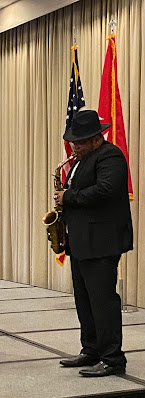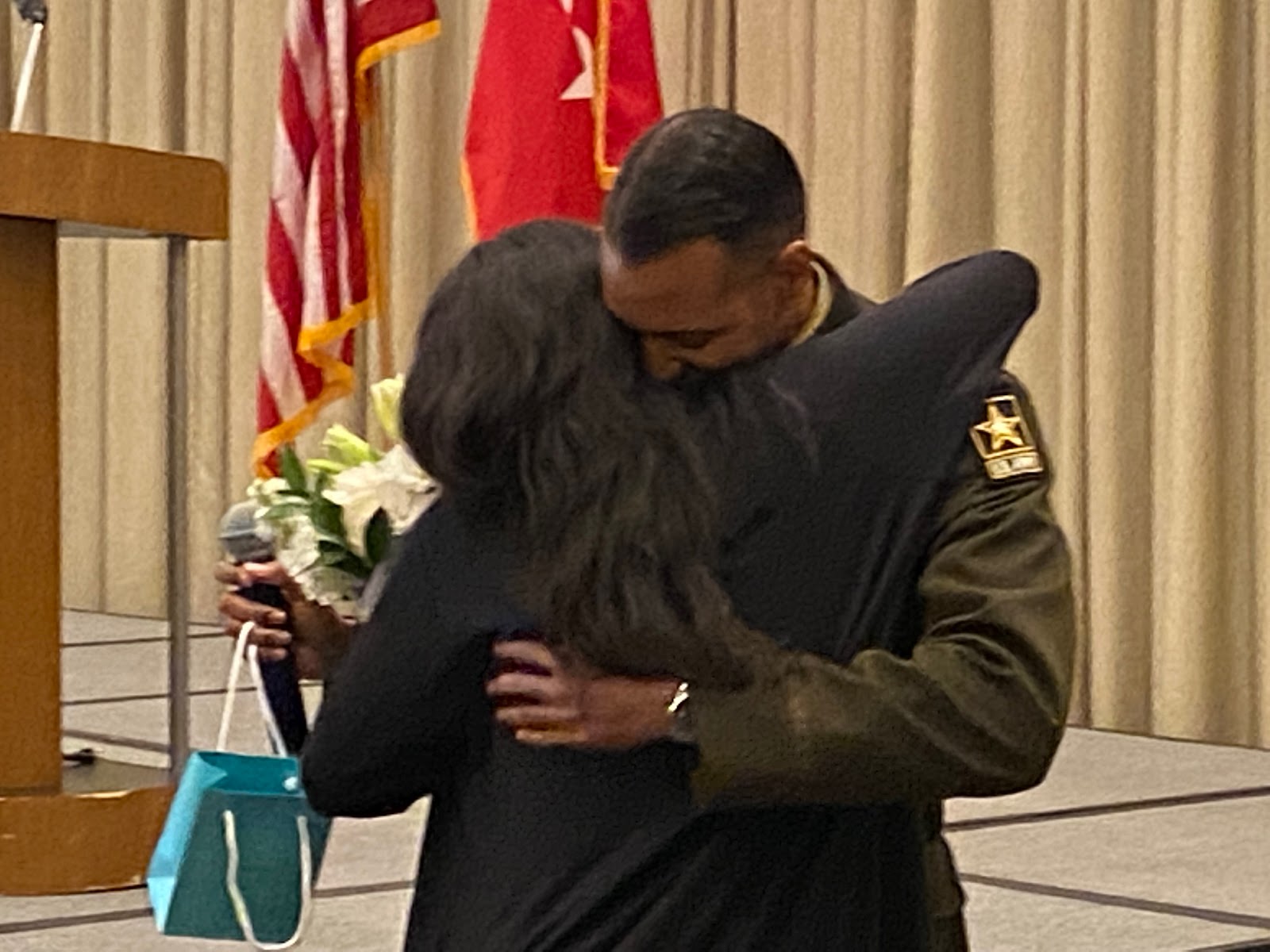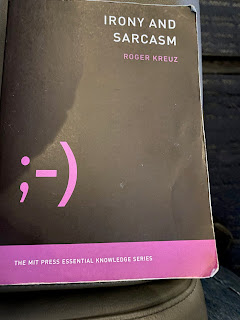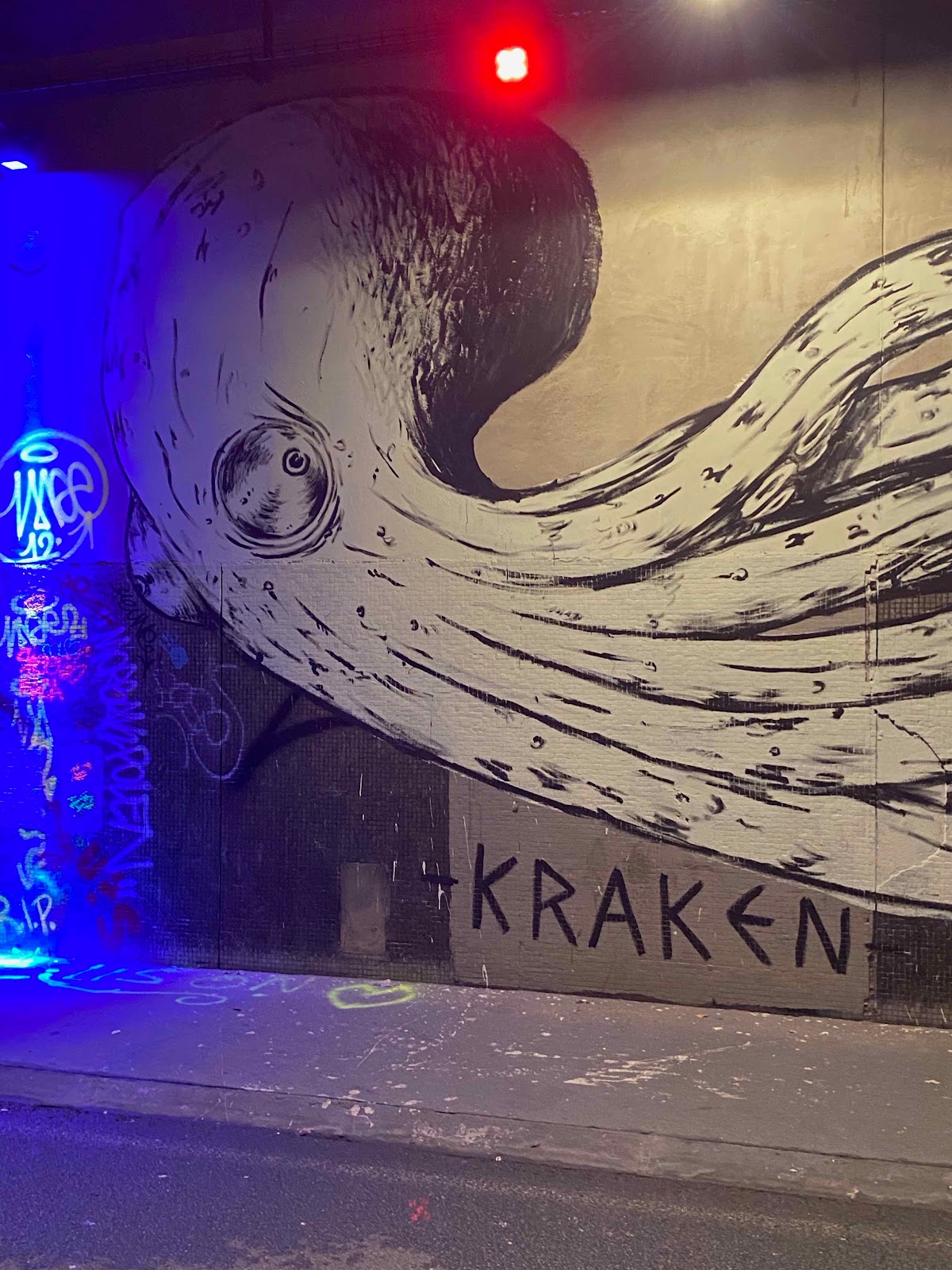On Veteran's Day weekend, 2022, Colonel Myles B. Caggins III retired after 26 years of service. The ceremony was in Chantilly, Virginia, in front of family, friends, comrades and with full military customs and courtesies, plus some twists. The National Anthem was a saxophone solo by Eddie Baccus Jr. It was a first for me, and it was awesome.
In my civilian career, I met a lot of people who were leaders and innovators in science including several Nobel laureates. I heard them accept awards. Those speeches could be divided in two types. The first kind of speech is about just how amazing the speaker is. In the second type, the awardee says Thank You to their family, their teachers, their co-workers, everyone! It was a delight to hear all of the he thanks, some with laughter, there were tears for comrades no longer with us, honor to mentors, and a poem for his Mom.
We met at Camp Adder, Iraq, when he was the Public Affairs Officer for 1st Armored Division. I wrote about Myles in Iraq here. We were able to work together several times on stories about soldiers. When we were together in Iraq, it was his second combat deployment. In 2003 as a Captain, Myles led a support company during the invasion of Iraq.
We kept in touch in the dozen years since we both returned from deployment in 2010. I saw Myles get promoted to Colonel in 2017. That story is here. Following his promotion, Myles deployed for another full-year combat tour in Iraq and Syria in 2019 and 2020.
Myles first civilian job will be a continuation of his last active duty assignment working in geopolitics.


















































